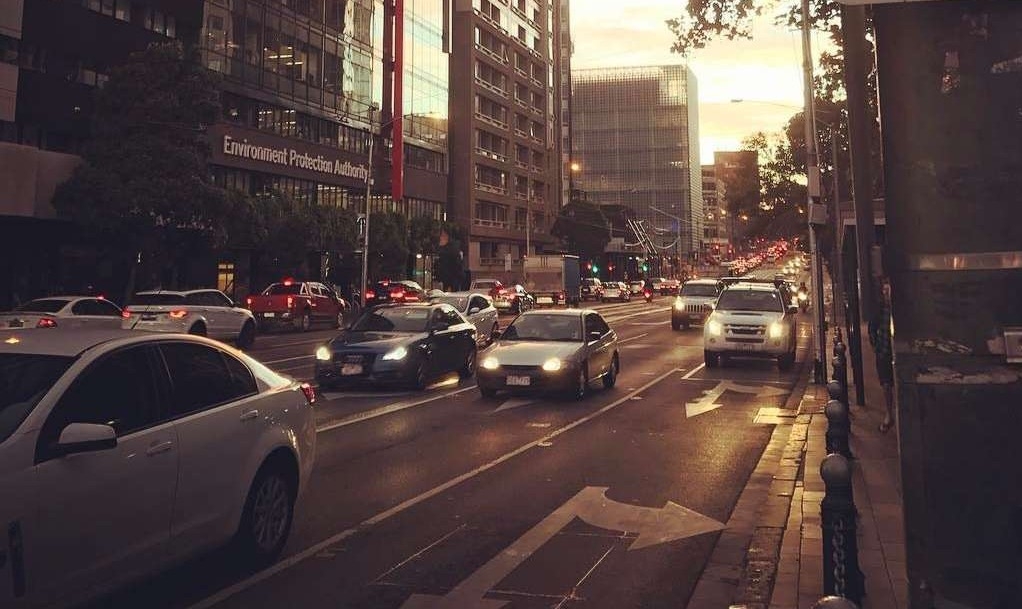What international students can expect while studying in Melbourne
There is a line in John Green’s bestselling novel Paper Towns that, despite its simplicity, is arguably one of the truest lines out there; “Nothing ever happens like you imagine it will.”
Students are bound to have certain expectations when it comes to going abroad to study, be it about the education system, the food, or the people. And while these expectations are sometimes met, it is almost never exactly how they imagine it to be.
Education
The education experience is often the biggest hurdle for students to overcome. Ivy, an 18 year old Chinese student from Trinity College first struggled when it came to adjusting to her school’s curriculum.
“I don’t like the lectures,” Ivy admitted.
“In my high school, I never had lectures. With too many students together, it is hard to concentrate and you can only ask the teacher questions afterwards,” she continued.
Meanwhile, Singaporean student Yi Hui, found the academic system at her college’s foundation studies differed greatly to that of the junior colleges she was used to in Singapore. She found Australia’s education system to be a lot more laid back and was was especially delighted by how generous her college seemed to be when it came to deadlines and times given to complete assignments.
According to Yi Hui, back in Singapore, students were usually given around two weeks to complete an assignment, while at Trinity College, she has observed that students are given around a month (sometimes more!) to finish a task.
Yi Hui was also pleasantly surprised by the general availability and willingness of Australian teachers to offer students assistance. Appointments had to be scheduled with teachers in Singapore due to how busy they were.
“Teachers here have more time on their hands,” reflected Yi Hui.
Transportation

Photo: clogwog via Flickr
Transport is another issue worth considering for international students.
For 20 year old Kathy from Hong Kong, a student at Monash University, she was told that with the availability of trams and trains, transportation in Melbourne would be highly convenient. However, upon her arrival, she realised this was not the case.
“Without booking, it will be difficult to take a taxi,” said Kathy, “and it’s very crowded on trams and trains during rush hours.”
Tram fares can also be shockingly pricey for some students, depending on where they are from. On the bright side, Melbourne does have its ‘free tram zones’, where taking the tram wouldn’t cost you a cent.
Food
Food is something one would have to adapt to as well when going abroad for an extended period of time. Thankfully, with Melbourne’s cultural diversity, there is a colourful variety of dining options available – ranging from Italian to Korean cuisines.
Furthermore, Melbourne is known for its ‘coffee culture’ so if you’re a lover of coffee, prepare to rejoice! And if you’re not a coffee enthusiast, well, prepare to become one. Melbourne is peppered with innumerable cafes and brunch places, offering rich, fragrant coffee of the finest quality and a delectable selection of cakes and sweets.
When asked what she liked about Melbourne, Ivy made a point of mentioning the food.
“I can have brunch with friends after my morning classes,” she expressed happily.
Kathy was, however, deterred by the pricing of dining out, which she initially thought would be more affordable than in Hong Kong. While checking out Melbourne’s dining options is definitely recommended, eating out probably shouldn’t be a daily occurrence if you’re trying to save up.
Safety

Photo: Logan Campbell via Flickr
Some international students may be concerned about the issue of safety. Indonesian student Elva from RMIT University stated that she does not go out at night for safety reasons.
Yi Hui, on the other hand, felt that Melbourne was a lot safer than she had predicted. Having grown up in Singapore, where crime rates are at an all-time-low, Yi Hui was initially wary of being out in the evening as well, especially alone.
However, she came to find that there was no need to be overly cautious. And neither did Yi Hui, who in her six months of residing in Melbourne did not encounter any incidents of racism; which was also a concern for many international students. But with Melbourne’s population being as ethnically diverse as it is, racism isn’t as big a problem as some would expect.
Final thoughts and advice
When asked what advice she would offer to those considering studying in Melbourne, Yi Hui recommended moving into a dormitory where one can meet people from their country. She said living the dorm life could be very comforting when you’re on your own in a foreign land.
She also warns potential newcomers of the crazy unpredictable weather.
“The wind is very strong and it’s quite cold during the winter. In summer, it’s too hot,” Ivy corroborates.
Mike, 21, who is from China and currently studying at Deakin University, advises against residing outside of town if you plan on making frequent shopping trips.
Making the decision to study abroad is a brave choice, one that requires students to step out of their comfort zones and explore new things. There are bound to be things that are going to take some getting used to. Nevertheless, it is a fantastic opportunity personal growth, opens doors to new experiences, gives you the chance to try food you’ve yet to eat, meet people you’ve yet to meet and experience adventures you’ve yet to have. Enjoy it while you can!
This story was produced by Media and Communication students at Trinity College Foundation Studies as part of Meld’s community newsroom collaboration. Education institutions, student clubs/societies and community groups interested in being involved can get in touch with us via meld@meldmagazine.com.au.


